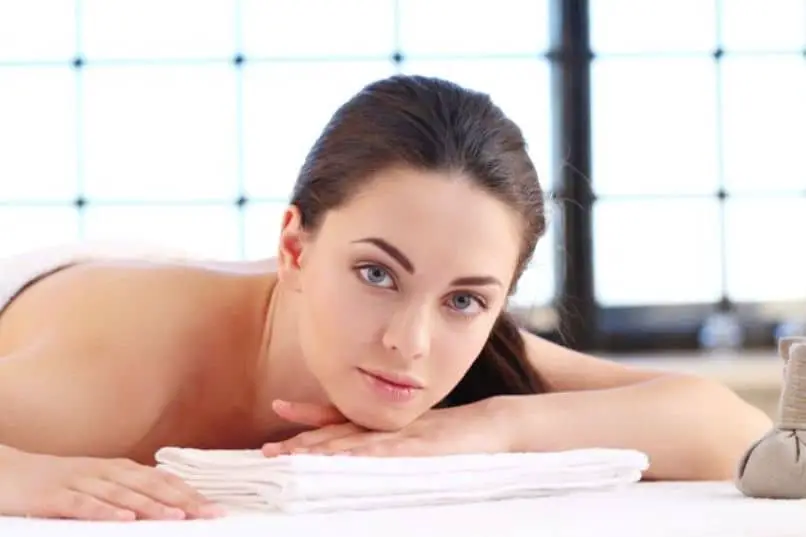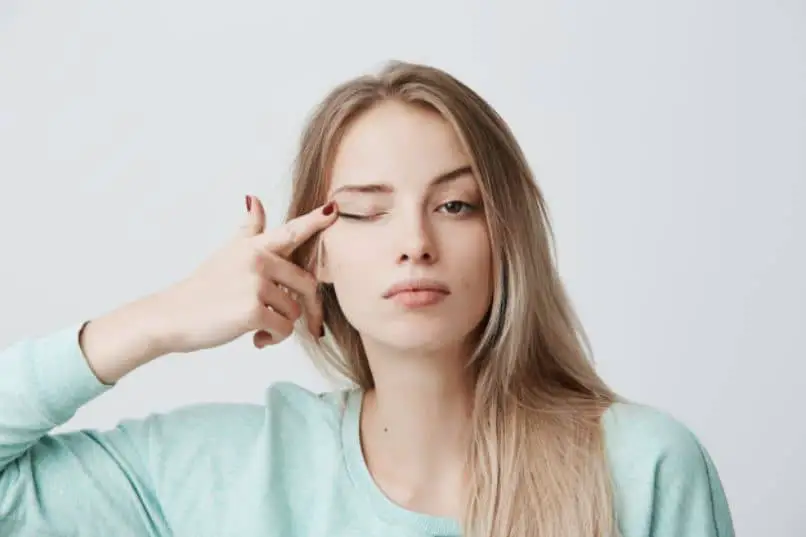There are many aesthetic treatments based on different types of laser. Whether for hair removal, treatment of spots, scars, tattoo removal, among others.

But pulsed light has become widely popular in recent years to treat skin blemishes. But how effective is this method? Find out everything about him here with us.
What is pulsed light for spots?
Due to various factors such as age, prolonged exposure to the sun, or irregularities in the skin, spots can be generated. To treat these types of conditions, pulsed light is used.

This treatment is based on eliminating pigmentation irregularities in the skin. And in addition, it serves to prevent problems such as rosacea, acne, broken capillaries, and reduces open pores.
The method consists in that the light waves are directed specifically towards the melanin of the skin. In order for it to act on the condition or injury, without directly damaging the skin.
In order for the laser to eliminate stains, a gel is applied to the area to be treated. And then pulses of very intense white light are applied. This penetrates between the skin tissues, in order to treat the pigments of the spots produced by the sun.
Finally, the cells that are responsible for producing melanin are suppressed and reduced. Achieving the reduction of spots and also protects the skin against the appearance of other future spots.
In the same way, the intensity of the applied white light is regulated depending on the severity of the stains to be treated. Therefore, it is a procedure that will always be personalized. Adopting the needs of the skin of each person.
Each of the sessions lasts approximately one hour. And the number of sessions will depend on each of the cases. However, it usually takes about three or four sessions to fully heal a blemish. And it is important to maintain a healing time of one month between sessions.
Disadvantages or contraindications of facial pulsed light
Eliminating blemishes from the face is very important for everyone. And therefore we always resort to different measures that help us reduce this inconvenience as much as possible.

However, although the results may seem very flattering, if due care is not taken with this type of treatment, we can suffer serious consequences.
- Pulsed facial light is not recommended, nor is it suitable for dark or tanned skin. Since it works directly by weakening the cells that produce melanin, it could cause skin discoloration.
- It should not be applied in pregnant women. Or in those people who are under indication of tranquilizing or sensitizing medications.
- If you have solar urticarial, refrain from having this procedure. As if you suffer from photo luminal allergies, or any pathology that affects the skin due to the sun.
- Cancer, lupus or scleroderma patients should refrain from performing this type of laser treatment as it could be very harmful to health.
Best Rosacea Treatments
To establish a treatment for rosacea, your doctor must first arrive at a clear diagnosis. In order to rule out other types of diseases such as eczema, lupus or psoriasis. Since these can sometimes develop very similar symptoms.
Once your doctor has diagnosed you with rosacea, a treatment will be prescribed to lessen and control its symptoms. The duration will be established depending on the severity and type of symptoms that are present.
- Topical remedies: A gel that is applied directly to the skin may be prescribed. Brimonidine and oxymetazoline are usually prescribed. And they are highly effective in reducing symptoms.
- Oral antibiotics: For example, doxycillin. Which is special to counteract the effects produced on the skin by rosacea.
- Acne Medications: Many acne treatments work to treat rosacea. Since they have the same components necessary to combat the agents that cause these types of spots on the skin.


















